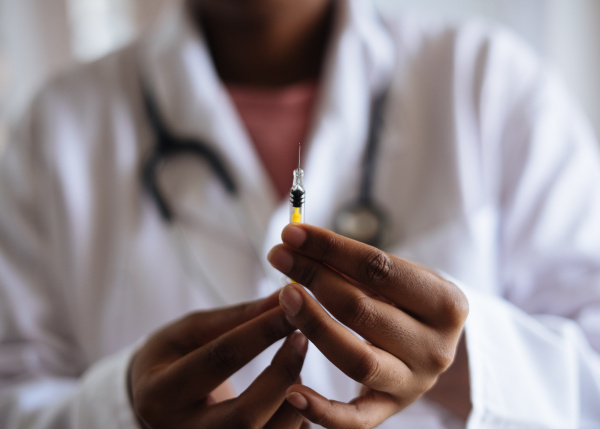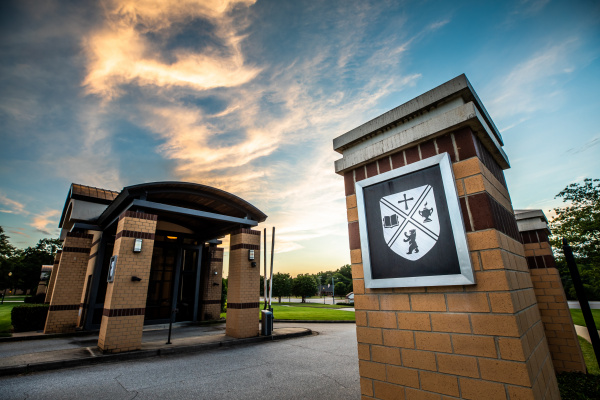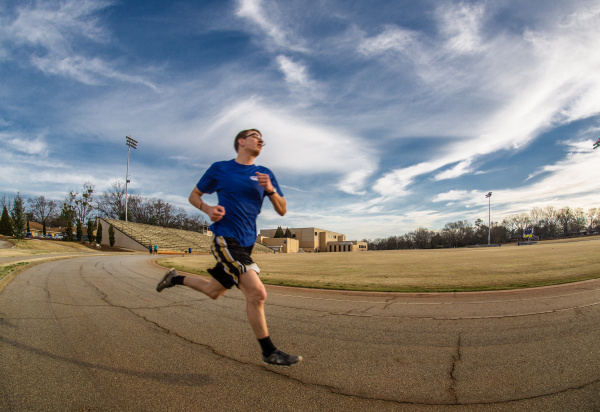Merriam-Webster defines solidarity as the “unity that produces or is based on community of interests, objectives, and standards.” In this time of global pandemic, this unity is needed more than ever. Indeed, humanity will have to face COVID-19 together. No country can win this battle alone. Aside from developing vaccine candidates, researchers around the globe are working hard to find a medicine that will help treat or even cure COVID-19.
This process is not an easy one. It is always hard to figure out what works in treating viruses. For example, ZMapp was thought to be a miracle drug for Ebola after Dr. Kent Brantly, the first American to contract Ebola, recovered after being treated with this drug in 2014. Doctors around the world started to treat patients with ZMapp after this incident, while no solid experimental data was available to determine whether it actually works. In 2018, however, the result of a clinical trial showed that ZMapp was not an effective treatment. Through this example, we see the importance of good randomized controlled trials. Even the most experienced physicians cannot judge how effective a drug is without proper experiments and trials. We must not make the same mistakes for the COVID-19 outbreak.
What is the Solidarity Trial?
The Solidarity Trial, initiated by the World Health Organization (WHO), exists precisely to address these problems. It allows countries around the world to rapidly initiate clinical trials since the WHO is providing the framework of the experimental design. Moreover, the Solidarity Trial will allow the data from many clinical trials all around the world to be compiled to generate results with greater certainty.
The WHO is also helping countries around the world gain better access to potential drug candidates from manufacturers through the Solidarity Trial. In fact, as of April 21, over 100 countries had joined the Trial in an attempt to find a cure together.
How does this work?
Patients over 18 years of age can participate in this trial. Researchers will inform the patients about the benefits and risks of the trial. Patients can then decide whether they would like to participate. If a patient decides to join, then he or she will be randomly assigned to one of two groups: the control or the experimental group. The control group will receive the standard care offered in that country, while the experiment group will receive the standard care as well as one of the treatments being tested.
What are the different treatments being tested?
The treatments include Remdesivir, Chloroquine or Hydroxychloroquine, Lopinavir with Ritonavir, or Lopinavir with Ritonavir and Interferon beta-1a.
Remdesivir
Remdesivir was developed by Gilead first as a treatment for the Ebola virus. It has been shown to block SARS-CoV-2 in test tubes. However, whether that can be significant clinically is still unclear. The result from Gilead’s own clinical trial in China showed no evidence that the drug is effective for treating COVID-19. At the same time, NIH’s trial seems to suggest that Remdesivir can shorten the recovery time of the patients. Hopefully, the Solidarity Trial will help to bring clarity on whether Remdesivir is effective or not eventually.
Chloroquine and Hydroxychloroquine
Chloroquine and Hydroxychloroquine are both medicines useful in treating malaria. They are also shown to inhibit the virus in test tubes. While many are hopeful of these drugs, no clear evidence exists to indicate whether they work. The pilot trial in China came back inconclusive, while the French researchers reported that they are not effective. Again, individual trials were not able to conclusively determine whether Chloroquine and Hydroxychloroquine will work, but the Solidarity Trial will hopefully give us more information to answer this question. At the same time, the United States’ Food and Drug Administration cautioned against using these drugs to treat COVID-19 due to heart disease risks associated with these drugs.
Lopinavir-Ritonavir
Lopinavir-Ritonavir is a common combination of antiviral medicine designed to treat patients with HIV. Some researchers are hopeful that it will work. However, so far the experimental result does not indicate that it is effective in treating COVID-19. The Solidarity Trial will eventually produce more data that will allow researchers to definitively say whether this drug will work or not.
Lopinavir with Ritonavir and Interferon beta-1a
Another treatment being tested involves Lopinavir-Ritonavir being used with interferon-beta-1a. Interferon is a natural antiviral substance that cells use to warn the immune system about a viral infection. However, there are concerns that the immune system’s response, after the interferon treatment, will be stronger and thus cause the flu-like symptoms to be more severe. Yet again, more data will be needed for physicians and researchers to understand whether this will be a good thing for patients with COVID-19 or not.








